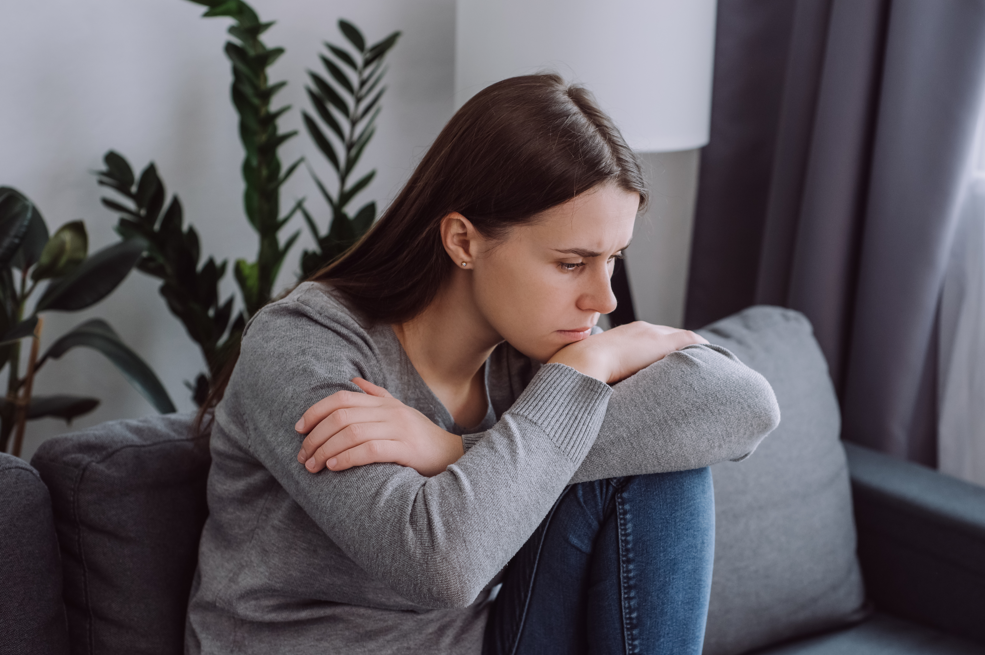
As one embarks on a journey to improve their mental health, it is vital to understand the various treatment options available to you. One such component is psychoeducational programming in an IOP (intensive outpatient program), and in this blog post we will discuss the benefits of this program and what type of luxury services it offers to patients.
What is an Intensive Outpatient Program?
The Intensive Outpatient Program (IOP) is a type of mental health treatment that provides more support and structure than traditional outpatient therapy.
Intensive outpatient programs are designed for individuals who require intensive treatment but do not require inpatient hospitalization. The program typically involves attending therapy sessions several times per week for several hours.
In an intensive outpatient program, you will work with a team of mental health professionals, including therapists, psychologists, and social workers, to address your specific mental health needs.
An intensive outpatient program aims to help you develop the skills and coping strategies you need to manage your symptoms and improve your overall well-being.
Types of Issues Treated in an Intensive Outpatient Program:
- Depression
- Anxiety
- Bipolar disorder
- PTSD
- Substance abuse
Intensive outpatient programs are designed to treat various mental health conditions. They are beneficial for individuals with complex and multi-faceted mental health needs that cannot be effectively addressed through traditional outpatient therapy.
Participating in an intensive outpatient program will give you the intensive support and structure you need to make meaningful progress in your recovery journey.
Components of Psychoeducational Programming in an Intensive Outpatient Program
Intensive outpatient programs typically include several components to provide a comprehensive and practical mental health treatment experience.
One of the critical components of an intensive outpatient program is psychoeducational programming, designed to help you build the skills and knowledge you need to manage your symptoms and improve your overall well-being.
These typically include:
-
Group Therapy
In an intensive outpatient program, you will participate in group therapy sessions with other individuals who are facing similar mental health challenges.
Group therapy can be a powerful tool for improving your mental health, as it allows you to connect with others who understand what you’re going through and receive support from your peers.
Group therapy can also help you to develop important social skills and to build a sense of community and connection.
-
Skills Training
In addition to group therapy, you will also participate in skills training sessions as part of your psychoeducational programming.
Skills training is designed to help you build the practical skills you need to manage your symptoms and improve your overall well-being.
-
Educational Workshops
Psychoeducational programming in an intensive outpatient program may also include educational workshops designed to help you learn more about your mental health condition. It also enables you to gain a deeper understanding of the tools and strategies available to you.
Workshops cover topics such as mindfulness, self-care, or healthy lifestyle habits, and they can be a great way to build your knowledge and make positive changes in your life.
Examples of Psychoeducational Topics Covered in an Intensive Outpatient Program
As part of the psychoeducational programming in an intensive outpatient program, you can expect to receive education on various mental health topics.
Some common psychoeducational topics include:
-
Mood Disorders
In an intensive outpatient program, you may learn about different mood disorders, such as depression and bipolar disorder, and how they impact your daily life. You will also learn strategies for managing symptoms and improving mood regulation.
-
Substance Use Disorders
Substance abuse can significantly impact mental health. In an intensive outpatient program, you will receive education on addiction and overcoming it. This can include learning about the consequences of substance abuse, triggers, and coping skills to prevent relapse.
-
Trauma
Trauma can have long-lasting effects on mental health. In an intensive outpatient program, you will learn about the different types of trauma and how they impact you.
You will also learn coping skills and strategies for managing trauma-related symptoms like anxiety and depression.
By learning about these topics, you can gain a deeper understanding of your mental health and develop skills for managing symptoms and improving overall well-being.
Benefits of Psychoeducational Programming in an Intensive Outpatient Program
Psychoeducational programming in an intensive outpatient program can provide numerous benefits to those seeking treatment for their mental health.
Let’s take a look at some of the key advantages that you can expect from participating in this type of programming.
-
Increased Understanding of Mental Health Disorders
By learning about the different types of mood disorders, substance use disorders, and traumas, you will gain a deeper understanding of your own mental health and what might be contributing to your symptoms.
This increased understanding can help you to identify triggers better and work towards a more effective recovery.
-
Improved Coping Skills
As part of the psychoeducational programming in an intensive outpatient program, you will learn new coping skills and techniques to help you manage your symptoms more effectively. This could include stress management strategies, problem-solving techniques, and mindfulness exercises.
-
Family Support and Understanding
The educational workshops and skills training that is part of psychoeducational programming in an intensive outpatient program can also benefit your loved ones.
They will better understand what you are going through and be better equipped to support you in your recovery journey. This enhanced support can improve relationships and create a more supportive environment for everyone involved.
-
Increased Motivation for Recovery
Understanding the causes of your symptoms, developing new coping skills, and receiving support from loved ones can increase your motivation for recovery.
By seeking treatment and education about your mental health, you are taking control of your well-being and working towards a brighter future.
-
Empowerment to Manage Mental Health
Participating in psychoeducational programming in an intensive outpatient program gives individuals the tools and knowledge to manage their mental health actively.
With improved understanding and coping skills, individuals can feel more confident and in control of their mental health journey, leading to a sense of empowerment and enhanced well-being.
North Jersey Recovery Center’s 3-Night Intensive Outpatient Program
Experience the pinnacle of mental health treatment with North Jersey Recovery Center’s intensive outpatient program. Immerse yourself in a luxurious program designed to provide comprehensive support without hospitalization.
Our psychoeducational programming, focusing on mood disorders, substance use disorders, and trauma, will offer you a deeper understanding of your mental health and equip you with valuable coping skills.
With our 3-night program, if you are looking for intensive outpatient treatment in Morris County, NJ or the surrounding areas, you can make time for your recovery whether you’re working, caring for your family, or in school.
Our intensive outpatient program is often part of a residential program’s aftercare recommendations, so you can rest assured that you’re receiving the best care. Elevate your recovery journey with the help of North Jersey Recovery Center, contact us today to learn more.






